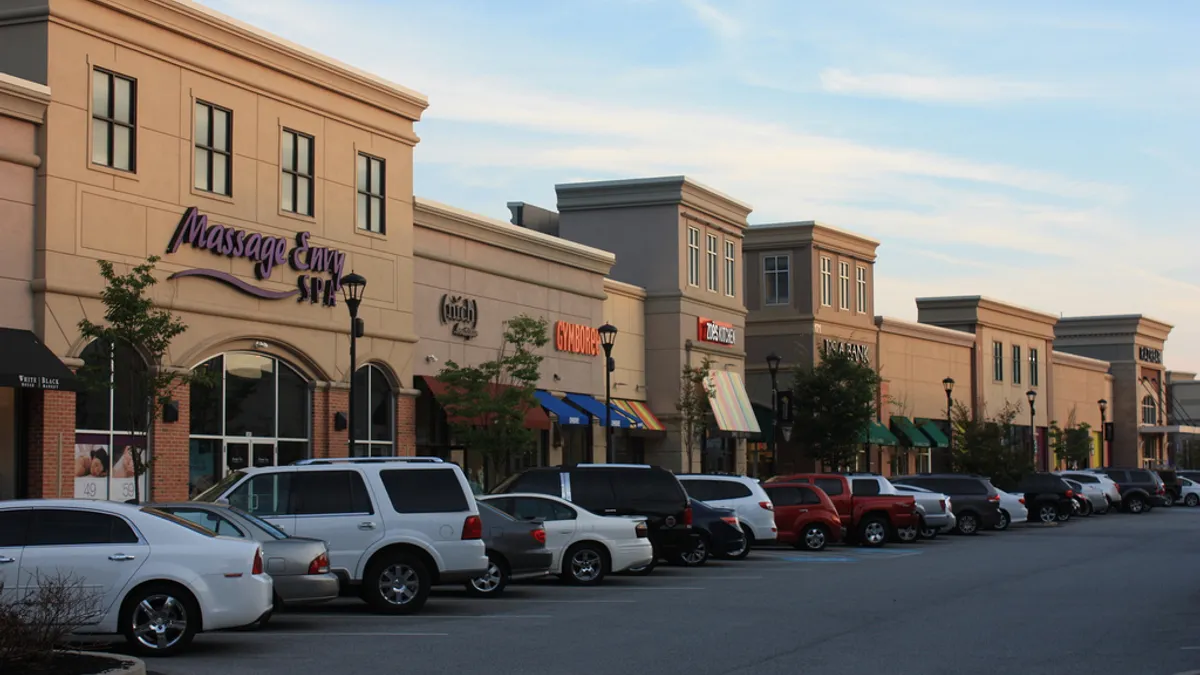Dive Brief:
-
While recent research from Walker Sands, Goldman Sachs and UPS and comScore found evidence of accelerating e-commerce growth, especially among millennials, two subsequent reports challenge the notion that online sales will boom.
-
In its "2016 Connected Consumer Goods Report,” conducted online by Harris Poll and released Monday, cloud computing company Salesforce found that 55% of consumer goods purchasers say they find the best prices when shopping for a product at an online-only retailer, but that 53% say that they have the best experience at a brick-and-mortar store. Just 22% say they have the best shopping experience at an online-only retailer.
-
A corresponding Boston Consulting Group survey of more than 3,300 Americans completed this month found that while more than three-quarters of shoppers have bought something from Amazon in the last year, the overall move to online commerce is expected to slow considerably over the next three years.
Dive Insight:
While other reports issued in recent weeks found varying degrees of increasing online shopping activity, especially among millennials and particularly in apparel, data from Salesforce and Boston Consulting Group suggest that that brick-and-mortar stores remain the cornerstone of the U.S. retail experience, calling into question the argument that the advantages of e-commerce outweigh the benefits of physical stores.
Salesforce did find a generation gap, with 63% of baby boomers saying they would rather purchase a product in a store if prices were the same, compared to just 40% of millennials. Similarly, while 45% of consumer goods purchasers have a negative reaction to seeing an online advertisement or social media promotion related to a brand or product they just searched for online—61% because it’s “invasive," 57% because it’s “annoying or interrupts what they are trying to do” and 56% because they don't want their feeds filled with advertisements—just 38% of millennials find those ads troublesome.
But it’s Boston Consulting Group’s study that really challenges the notion that e-commerce is on any kind of unstoppable trajectory.
In fact, the vast majority of Americans—78% to 92%, depending on the category—say they don't plan to increase their online spending over the next three years. Not only that, but for many categories (including baby products and food, beverages, fine jewelry, news and magazines, cars and packaged goods), more than twice as many people say they'll actually spend less online over the next three years than those who say they'll spend more online, sentiments that BCG found identical among millennials, gen-X'ers and baby boomers.
"Consumers are notoriously unable to predict their spending patterns," BCG senior partner Michael J. Silverstein said in a statement. "However, the findings from this research certainly pour cold water on everyone's expectations for a continuously rising e-commerce world. E-commerce winners will have to earn new dollars and new spending by providing new value. That means me-too players will suffer—and leaders will need to provide more user-friendly websites, lower prices and offers tailored to individuals customers.”
Moreover, when it comes to e-commerce, the “newness” is essentially gone, Silverstein said. That provides retailers with physical stores an opportunity to engage consumers, something that many—including Wal-Mart, Target, Macy’s and others—are pointedly trying to do.
"We've done this survey periodically, and this is the first time we've seen such low future intention to increase online spending across categories,” BCG research lead Christine Barton said in a statement. “The plateau doesn't mean that it's 'game over' for online and omnichannel retailers. But it does suggest that e-commerce growth will now be harder for most of them.”















